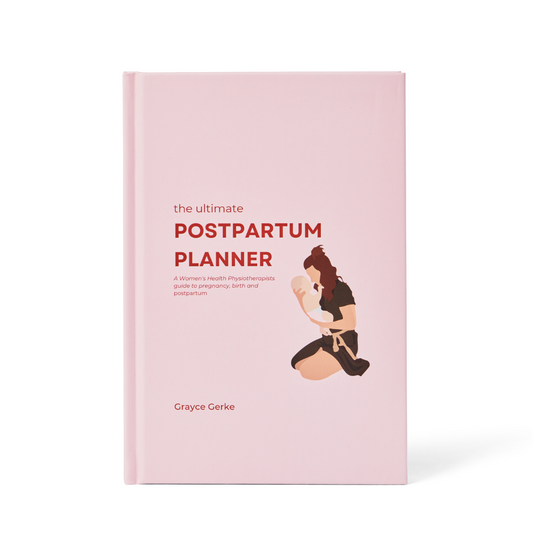- C-sections often involve medical procedures such as anesthesia, surgery, and recovery, which can result in a delay in the initiation of breastfeeding.
- Early initiation of breastfeeding is crucial for establishing a good milk supply and promoting bonding between the mother and baby.
- Delayed initiation of breastfeeding can result in missed opportunities for skin-to-skin contact, which is important for stimulating the baby's instincts to latch and breastfeed
- C-sections are major surgeries that involve incisions in the abdominal wall, which can result in pain and discomfort for the mother.
- This pain can make it challenging for the mother to find a comfortable breastfeeding position, hold the baby, and latch the baby properly.
- Pain and discomfort may also affect the mother's ability to fully relax during breastfeeding, which can impact milk let-down and milk flow.
Medications
- Mothers who undergo C-sections may receive medications such as painkillers, antibiotics, and anesthesia during and after the surgery.
- These medications can pass into breast milk and potentially affect the baby's alertness, latch, and overall breastfeeding experience.
- Some medications may also have potential side effects that could impact the mother's milk supply or breastfeeding effectiveness.
IV. Physical Limitations
- C-sections can result in physical limitations for the mother, such as restricted mobility, limited ability to lift heavy objects, and difficulty in certain positions.
- These physical limitations can affect the mother's ability to breastfeed comfortably, especially in the early postpartum period.
- For example, lifting the baby for breastfeeding or finding a comfortable breastfeeding position may be more challenging due to pain, discomfort, or limited mobility.
Recovery and Fatigue
- C-sections involve a longer recovery period compared to vaginal births, and mothers may experience fatigue and exhaustion during this time.
- Recovery from surgery and the demands of caring for a newborn can leave mothers feeling physically and emotionally drained, which can impact their energy levels and motivation to breastfeed.
- Fatigue and exhaustion may also affect the mother's ability to establish and maintain a consistent breastfeeding routine, leading to challenges with milk supply and breastfeeding success.
Emotional Impact
- C-sections can have an emotional impact on mothers, as they may feel disappointed, guilty, or fearful about not having a vaginal birth.
- These emotions can affect the mother's confidence and motivation to breastfeed, leading to feelings of inadequacy or failure.
- Emotional distress may also impact the mother's ability to relax and bond with her baby during breastfeeding, which can impact milk let-down and overall breastfeeding experience.
Support System
- Mothers who undergo C-sections may require additional support from their partner, family, friends, or healthcare providers to overcome the challenges associated with surgery and breastfeeding.
- Lack of adequate support can lead to increased stress, fatigue, and decreased motivation to breastfeed.
- A supportive and understanding environment can be crucial in helping mothers navigate the challenges of breastfeeding after a C-section.
In conclusion, C-sections can present several challenges that can make breastfeeding more difficult, including delayed initiation of breastfeeding, pain and discomfort, medications, physical limitations, recovery and fatigue, emotional impact, and the need for a supportive environment.





